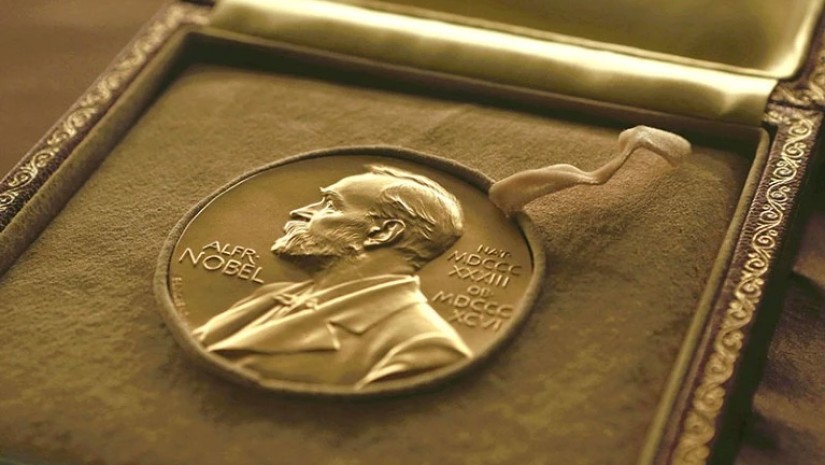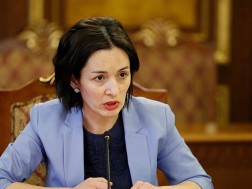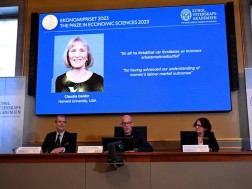The Nobel Prize in Physiology or Medicine has been awarded to a pair of scientists who developed the technology that led to the mRNA Covid vaccines.
Professors Katalin Kariko and Drew Weissman will share the prize.
The technology was experimental before the pandemic, but has now been given to millions of people around the world to protect them against serious Covid-19.
The same mRNA technology is now being researched for other diseases, including cancer.
The Nobel Prize committee said: "The laureates contributed to the unprecedented rate of vaccine development during one of the greatest threats to human health in modern times."
Both were told they had won by telephone this morning and were said to be "overwhelmed".
Vaccines train the immune system to recognise and fight threats such as viruses or bacteria.
Traditional vaccine technology has been based on dead or weakened versions of the original virus or bacterium - or by using fragments of the infectious agent.
In contrast, messenger ribonucleic acid (mRNA) vaccines use a completely differently approach.
During the Covid pandemic, the Moderna and Pfizer/BioNTech vaccines were both based on mRNA technology.
Professor Kariko and Professor Weissman met in the early 1990s when they were working at the University of Pennsylvania, in the United States, when their interest in mRNA was seen as a scientific backwater.
An mRNA Covid vaccine contains the genetic instructions for building one component - a protein - from the coronavirus.
When this is injected into the body, our cells start producing lots of the viral protein.
The immune system recognises these as foreign so it attacks and has learned how to fight the virus, and therefore has a head start when future infections occur.
The big idea behind the technology is that you can rapidly develop a vaccine against almost anything - as long as you know the right genetic instructions to use.
This makes it far faster and more flexible than traditional approaches to vaccine development.
There are even experimental approaches using the technology that are teaching patients' bodies how to fight their own cancers.
Scientists analyse a patient's tumour, look for abnormal proteins being produced by the cancer that are not in healthy tissue and develop a vaccine to target those and inject that into the patient.
Profs Kariko and Weissman made the crucial breakthroughs that made mRNA vaccines happen.
The principle taps into normal human biology. RNA's role in our body is to convert the instructions that are locked away in our genetic code, or DNA, into the proteins that our body is built from.
However, there were challenges. But by refining the technology, the researchers were able to produce large amounts of the intended protein without causing dangerous levels of inflammation that had been seen in animal experiments.
This paved the way for developing the vaccine technology for use in people.
Katalin Kariko is now a professor at Szeged University in Hungary and Drew Weissman is still working as a professor at the University of Pennsylvania, BBC reports.
















